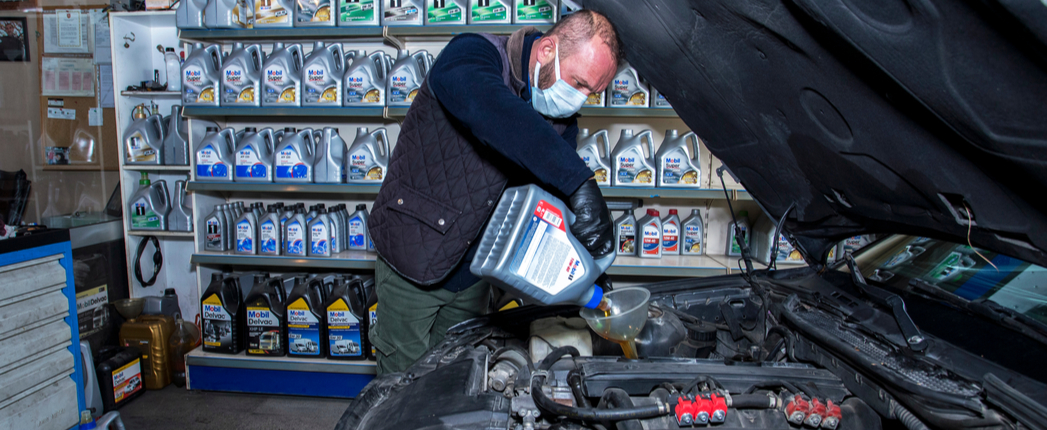
Turkey produced and imported 754,000 metric tons of finished lubricants in 2020, the same level as in 2019 according to estimates by LLK-International, which blamed the stagnation on impacts of the COVID-19 pandemic.
Speaking at an industry conference last week, an official from the company added that the country’s passenger car park and industrial machinery are steadily being upgraded and that as a result the market is demanding more API Group III base oils.
“In 2020, Turkey consumed 29% more Group III base oils compared to 2018,” Mert Saygili, head of LLK’s distribution sales channel in the Middle East, told RPI’s Global Lubricants Week conference held online Oct. 20. “The country has seen steady growth in the number of passenger cars in the last 10 years.”
Turkey’s overall vehicle fleet – including passenger cars, trucks, buses, motorcycles and special purpose vehicles, like tractors – increased to 24.6 million units in 2021 from 16 million units in 2011, he said, quoting data from the Turkish government.
“The past 10 years have seen increases in alternative modes of transportation and introduction of electric vehicles in the public and commercial transport,” Saygili said.
The company found that the average car age in the country is 14 years and that EV penetration is steady, with 75,000 units in 2020. The number of units could reach 356,000 by 2030, or 5% of the forecasted total vehicle fleet for that year.
LLK also found that Turkey is a major lubricant importer.
Saygili estimated that Turkey imported 104,000 tons of finished lubes in 2020, and he calculated the amount of domestic production by adding together estimates of domestically produced base oil (75,000 tons), imported base oils (477,000 tons) and imported and domestically produced chemical additives (89,000) tons.
According to Turkey’s Petroleum Industry Association (Petder), the country’s largest lubricant marketer is the Turkish oil major Petrol Ofisi, which in 2020 held 29% of the lubricant market. It was followed by Shell, which held 25% of the market; BP (18%); and Lukoil and Total, which held 9% of the market each. Another domestic oil company, Opet, with lubricant business run by the Turk-German joint venture Opet Fuchs, accounted for 8% of the Turkish lubricant market in 2020.
All these companies, including a smaller domestic lubricant maker, MOil, supplied 318,480 tons of finished lubricant in Turkey in 2020, up 9% compared to 2019, LLK said, citing Petder.
Like LLK, all other market leaders, except Total and MOil, increased their sales in Turkey in 2020.
Turkey exports significant portions of the lubricants produced in country – to 116 nations – but Saygili did not offer estimates of that amount.
LLK found that Turkey’s lubricant producers ship packaged lubricants, with increased export volumes primarily to the Middle East and North Africa, two regions where the Turkish economic influence is significant.
“More than 50% of the county’s finished lubricants exports are shipped to a number of countries from the Middle East and North Africa regions, such as Syria, Lebanon, Israel, Iraq, Jordan, Qatar, Egypt, Libya, Tunisia, Morocco and Algeria,” Saygili said.
He added that the circumstances surrounding the impact of the COVID-19 pandemic on the economy have led many lubricants marketers in Turkey to increase their sales through different online platforms.